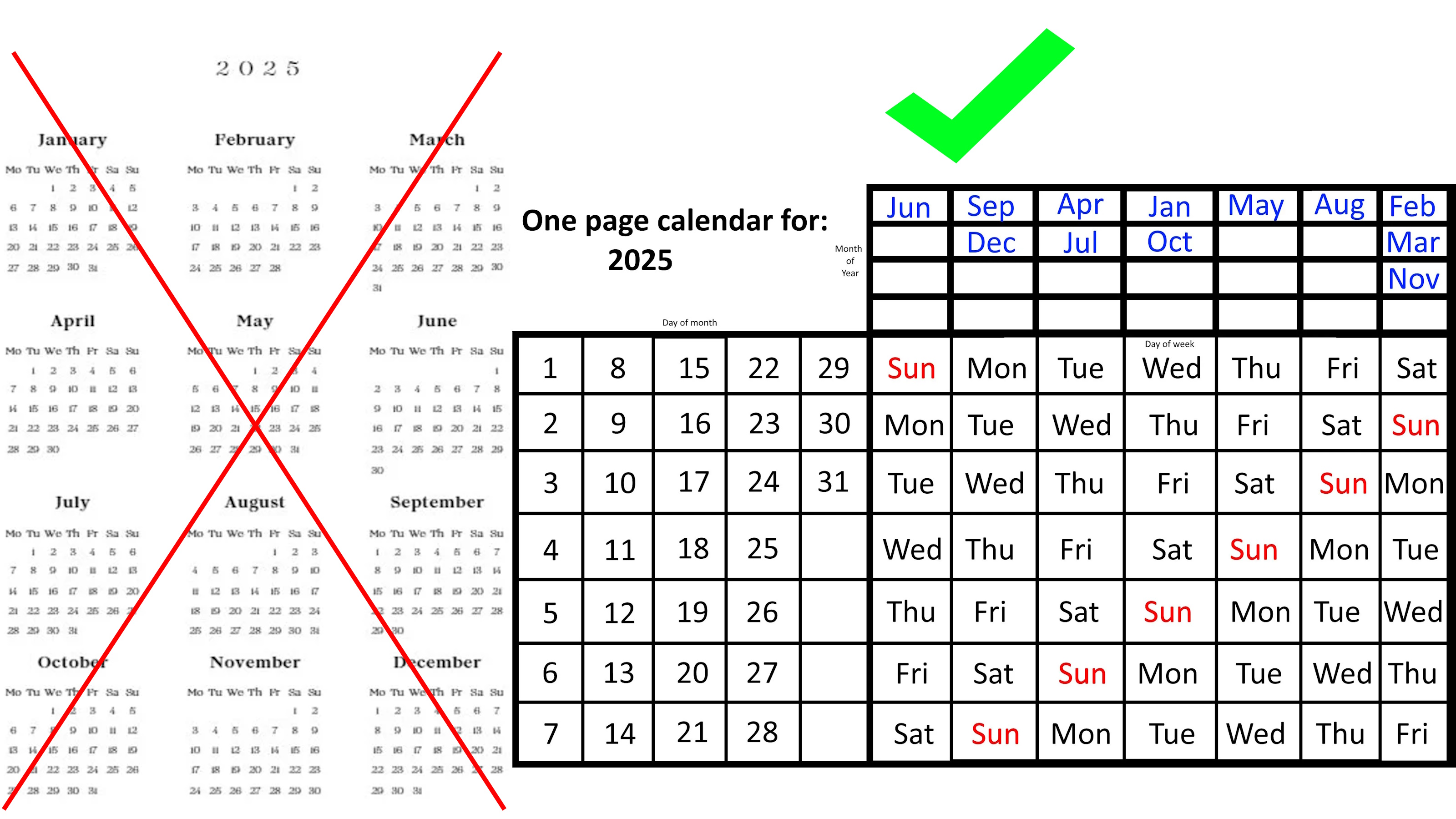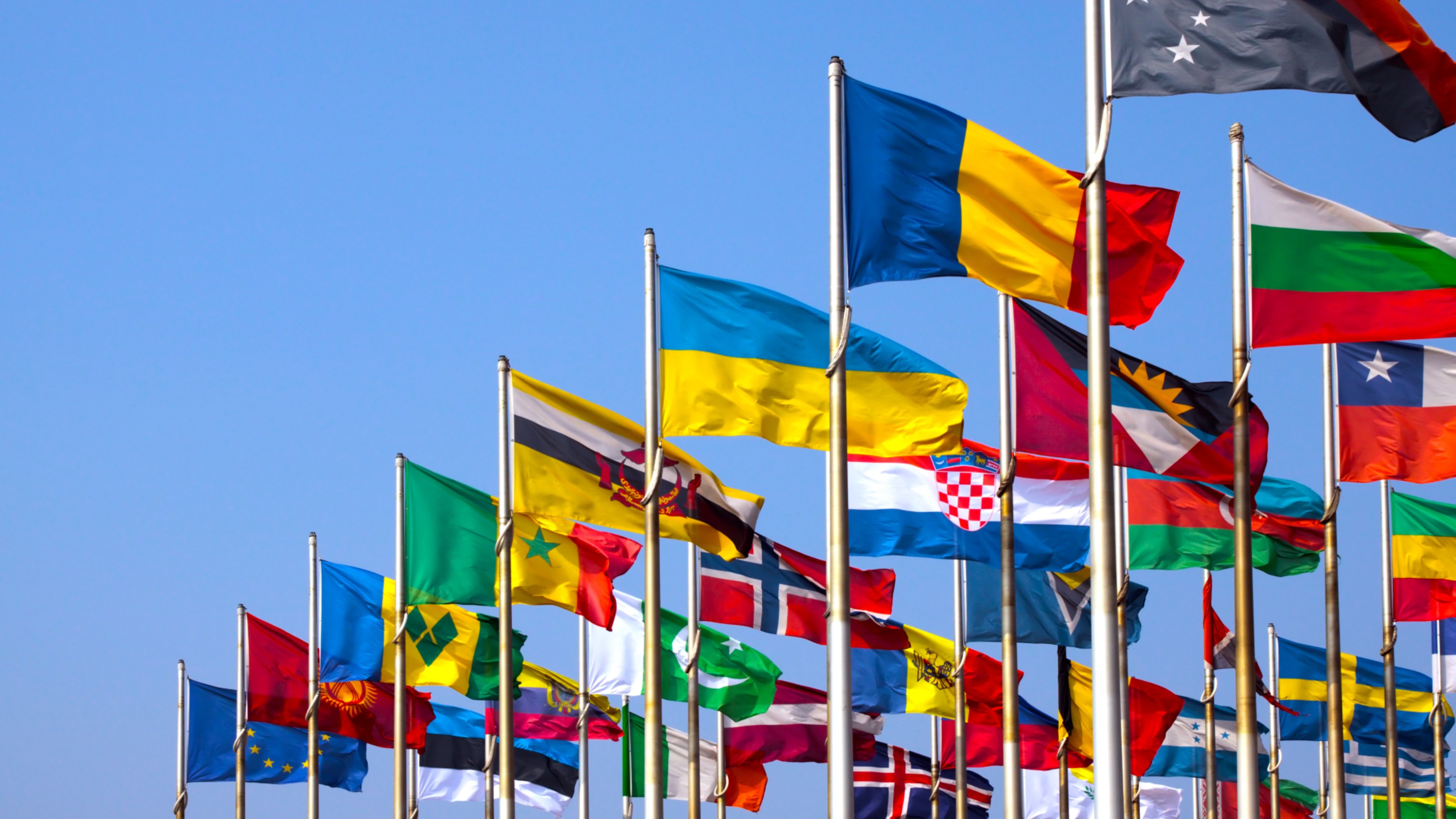Bill McKibben is an environmentalist and writer who founded the international climate campaign 350.org. Twenty years ago, with his book "The End of Nature," he offered one of the earliest[…]
Sign up for the Smarter Faster newsletter
A weekly newsletter featuring the biggest ideas from the smartest people
Our civilization is going to be forced to change dramatically as a result of global warming.
Question: What symptoms of climate change will we soon see?
Billrn McKibbon: Well think about things we’re already seeing. Warm air rnholds more water vapor than cold. The atmosphere has about 5% more rnmoisture in it than it had 40 years ago, which is an astonishingly largern change in a basic physical parameter. That means that we’re seeing hugern increases in the amount of deluge and downpour and flood. There is a rnrecord rainfall and flood event someplace around the world almost every rnweek now. The hundred-year storm comes to many places every three or rnfour years. It’s taking a great toll on infrastructure, on human life. rnYou know, this spring we watched hundreds of people killed in Rio, in rnthe middle of Rio de Janeiro in mudslides after the largest rainstorms rnthey’d ever recorded in that city. Look at the chemistry of seawater. rnThe ocean is our metaphor for vastness on this planet, but that hasn’t rnstopped it from changing in profound ways. Seawater is 30 percent more rnacidic than it was 40 or 50 years ago because the oceans are absorbing rnso much carbon from the atmosphere. Everything frozen on earth is rnmelting. Glaciers are melting with great rapidity all over the planet. rnSome of them have disappeared in the western US, in the Andes. You can rngo on for many days just listing the effects we’ve already seen. If we rndon’t do things quickly, the effects that are coming as the temperature rngets hotter and hotter will be even more dramatic. The latest studies rnindicate that by the mid- to latter part of the century we could be rnseeing grain yields for corn and soybean and wheat fall 20, 30, 40 rnpercent. That would be trouble of an all-encompassing sort.
Question:rn How will our civilization change?
Bill McKibbon: Newrn planet, we need new habits, new ways of going about things. The biggestrn habit on our planet at the moment is a kind of addiction to economic rngrowth and to the idea that growth will solve every problem that we rnface. That’s a habit of mind that we’re going to have to get out of. rnWe’ve reached those limits to growth that people started talking about rnin the 1970s. When you melt the Arctic that is a pretty good sign that rnyou’ve gone too far and so we’re going to need to figure out instead howrn to build a world that is stable, secure, kind of hunkered down, that’s rnbuilt for endurance, not for speed. I think that means more and more rnthat our economies will need to become more localized, less sprawling, rnless vulnerable, more resilient. We can see that starting slowly to rnhappen. The number of farms in the United States increased the last fivern years for the first time in a century and a half and it’s because therern is this local food movement that is building up that kind of resiliencern in place after place.
Billrn McKibbon: Well think about things we’re already seeing. Warm air rnholds more water vapor than cold. The atmosphere has about 5% more rnmoisture in it than it had 40 years ago, which is an astonishingly largern change in a basic physical parameter. That means that we’re seeing hugern increases in the amount of deluge and downpour and flood. There is a rnrecord rainfall and flood event someplace around the world almost every rnweek now. The hundred-year storm comes to many places every three or rnfour years. It’s taking a great toll on infrastructure, on human life. rnYou know, this spring we watched hundreds of people killed in Rio, in rnthe middle of Rio de Janeiro in mudslides after the largest rainstorms rnthey’d ever recorded in that city. Look at the chemistry of seawater. rnThe ocean is our metaphor for vastness on this planet, but that hasn’t rnstopped it from changing in profound ways. Seawater is 30 percent more rnacidic than it was 40 or 50 years ago because the oceans are absorbing rnso much carbon from the atmosphere. Everything frozen on earth is rnmelting. Glaciers are melting with great rapidity all over the planet. rnSome of them have disappeared in the western US, in the Andes. You can rngo on for many days just listing the effects we’ve already seen. If we rndon’t do things quickly, the effects that are coming as the temperature rngets hotter and hotter will be even more dramatic. The latest studies rnindicate that by the mid- to latter part of the century we could be rnseeing grain yields for corn and soybean and wheat fall 20, 30, 40 rnpercent. That would be trouble of an all-encompassing sort.
Question:rn How will our civilization change?
Bill McKibbon: Newrn planet, we need new habits, new ways of going about things. The biggestrn habit on our planet at the moment is a kind of addiction to economic rngrowth and to the idea that growth will solve every problem that we rnface. That’s a habit of mind that we’re going to have to get out of. rnWe’ve reached those limits to growth that people started talking about rnin the 1970s. When you melt the Arctic that is a pretty good sign that rnyou’ve gone too far and so we’re going to need to figure out instead howrn to build a world that is stable, secure, kind of hunkered down, that’s rnbuilt for endurance, not for speed. I think that means more and more rnthat our economies will need to become more localized, less sprawling, rnless vulnerable, more resilient. We can see that starting slowly to rnhappen. The number of farms in the United States increased the last fivern years for the first time in a century and a half and it’s because therern is this local food movement that is building up that kind of resiliencern in place after place.
Recorded on April 13, 2010
▸
4 min
—
with





